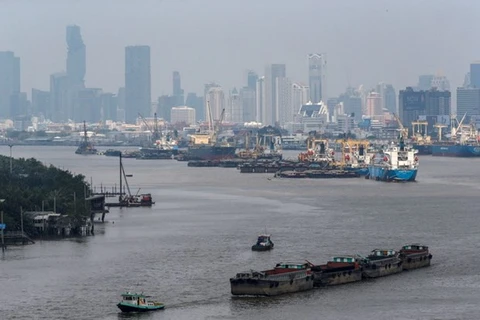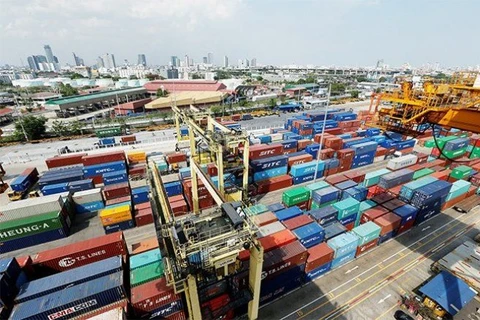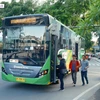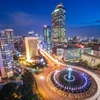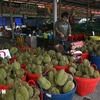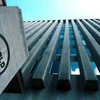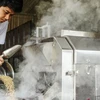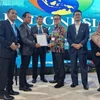Bangkok (NNT/VNA) - Despite the effects of the trade war, the Thai domestic consumption figures, government investments, and the tourism sector still all perform well; resulting in continuous growth of the Thai economy in April.
The Bank of Thailand’s (BOT) Macroeconomic and Monetary Policy Department’s Senior Director, Pornpen Somsrichai said on June 4 that consumption in the private sector continues to grow in all product categories due to good purchasing power factors and higher wages among employees outside of agriculture.
The growing purchasing power has resulted in the expansion of vehicle manufacturing for domestic sales. Spending on government projects has also grown after the revision of investment projects in keeping with the national strategy, leading to the hastening of investment budget expenditure by the Department of Highways, the Department of Rural Roads, and the Royal Irrigation Department.
Investment by the private sector has also expanded because of the importation of items for manufacturing. The number of tourists has grown at 3.3 percent year-on-year with increased visitor numbers from ASEAN, India, Japan, and Europe, while the number of Chinese tourists is still in decline.
The export sector has shrunk by 2.9 percent year-on-year due to the ongoing trade war between the US and China, resulting in a decrease of electronics, machinery, metal goods, and processed farm item exports. The export of rubber products and sugar is also in decline.
The BOT will be holding discussions with the Monetary Policy Committee to reassess trade war effects, and by the adjustment of Thailand’s economic performance projections this year in June, from the current projection of 3.8 percent growth. – NNT/VNA
The Bank of Thailand’s (BOT) Macroeconomic and Monetary Policy Department’s Senior Director, Pornpen Somsrichai said on June 4 that consumption in the private sector continues to grow in all product categories due to good purchasing power factors and higher wages among employees outside of agriculture.
The growing purchasing power has resulted in the expansion of vehicle manufacturing for domestic sales. Spending on government projects has also grown after the revision of investment projects in keeping with the national strategy, leading to the hastening of investment budget expenditure by the Department of Highways, the Department of Rural Roads, and the Royal Irrigation Department.
Investment by the private sector has also expanded because of the importation of items for manufacturing. The number of tourists has grown at 3.3 percent year-on-year with increased visitor numbers from ASEAN, India, Japan, and Europe, while the number of Chinese tourists is still in decline.
The export sector has shrunk by 2.9 percent year-on-year due to the ongoing trade war between the US and China, resulting in a decrease of electronics, machinery, metal goods, and processed farm item exports. The export of rubber products and sugar is also in decline.
The BOT will be holding discussions with the Monetary Policy Committee to reassess trade war effects, and by the adjustment of Thailand’s economic performance projections this year in June, from the current projection of 3.8 percent growth. – NNT/VNA
VNA


